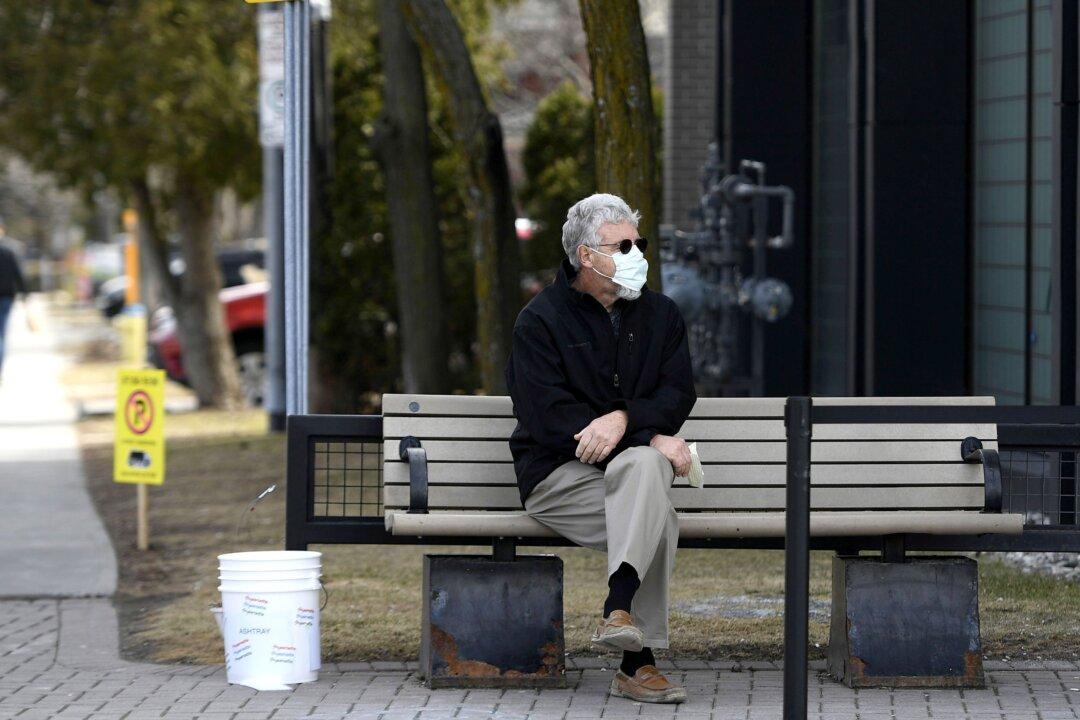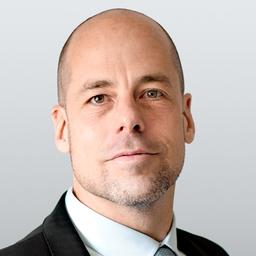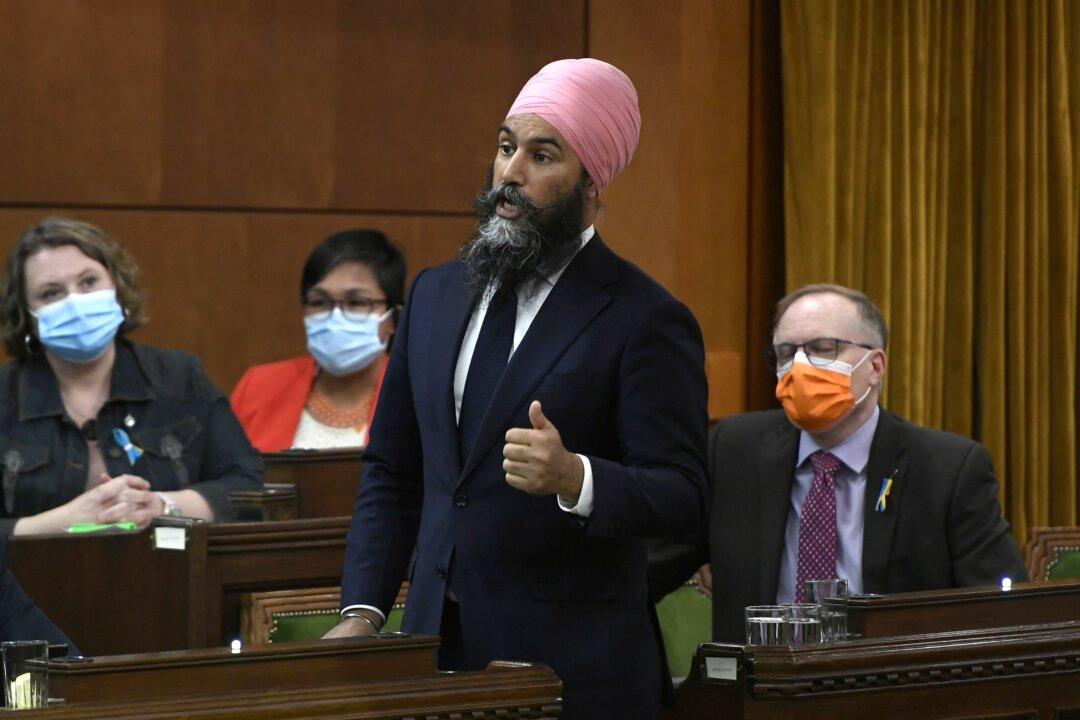Commentary
Painfully aware of our mortality, humankind has continuously sought to buffer itself against the existential threats of the natural world. This instinct has led to the prescription of various methods of self-regulation and societal organization. Where we are at today is the result of a centuries-long experiment to deduce mankind’s most beneficial modes of being. Sometimes we have worked wonders while other times we failed catastrophically.





